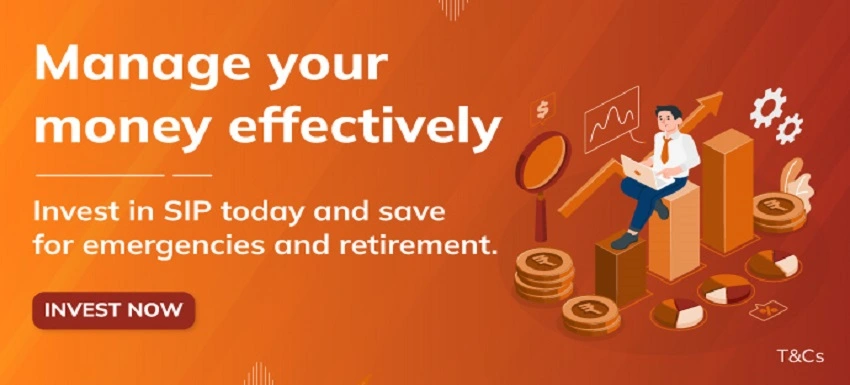THE
ORANGE
HUB
Debt Funds Versus Fixed Deposits: A Comparative Study

For conservative investors, debt funds and Fixed Deposits (FDs) are two probable avenues of investment. The primary aim of both is to protect the corpus from the unexpected changes of the stock market.
While the choice depends on individual preferences, in this article, we will compare both these instruments on various parameters such as ease of investment, liquidity, risks and returns, taxation, etc., for you to make an informed choice. Let’s get started.
1. Ease of investment
It’s easy to invest in debt funds and FDs. You can either invest a lump sum or through a Systematic Investment Plan (SIP) in a debt fund. There are 16 categories of debt funds for you to choose from as per your requirement.
On the other hand, to invest in an FD, all you need to do is visit the branch of the bank where you have an account, fill up the FD form and you are done. On most occasions, you will get the FD certificate mentioning the principal amount, rate of interest, maturity date and the maturity amount on the same day. You can also opt for an FD if you have Internet Banking facility.
2. Liquidity
It’s easy to liquidate debt funds and for that matter, even FDs. If you wish to redeem from debt funds, upon submitting the application, the money is credited into your account in one working day.
On the other hand, if you wish to break your FD before maturity, you need to pay a certain amount as a penalty. However, if you have invested in a tax-saving FD, you can’t liquidate it before the end of its maturity period, which is 5 years.
3. Risks and returns
When you invest in an FD, the rate of return is mentioned in the certificate. Even if rates are revised mid-way, your investment will get the same rate of interest at the time of investment.
On the other hand, returns from debt funds are not fixed. Though they primarily invest in bonds and debt instruments, they are subject to market and credit risks, among others.
4. Taxation
Returns from FDs are added to your income and taxed as per the existing tax slabs. You need to report interest earned from FDs while filing tax returns.
Taxation on debt funds depends on the holding period. If held for more than 36 months or 3 years, the gains made are classified as long-term capital gains and taxed at 20% with indexation benefit. Indexation factors in inflation during the holding period and adjusts the acquisition cost accordingly.
Subsequently, if you sell your debt funds before 3 years, the gains are termed as short-term capital gains. They are added to your income and taxed as per the prevalent tax slabs.
To sum up
Both debt funds and FDs make for an ideal investment choice. Choosing between them depends on your risk appetite, investment horizon and financial goal. Consult with an expert in case you are in a dilemma.
Apply for Debt Funds, here.
For disclaimer, Click here
Scroll to top



